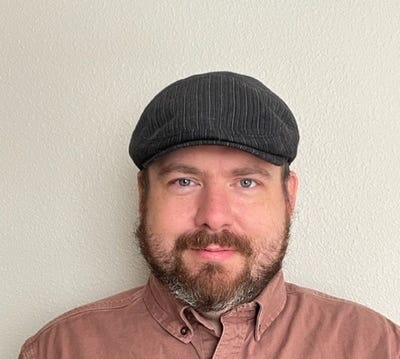
Radiopharmaceutical contract development and manufacturing organization (CDMO) AtomVie Global Radiopharma (AtomVie) will partner with Radiopharm Ventures (RV) – a joint venture between Radiopharm Theranostics (RAD) and MD Anderson Cancer Center (MDACC) – to develop and manufacture 177Lu-BetaBart, a 177Lutetium-conjugated radioantibody.
“We are thrilled to partner with RAD on such an important project,” said Bruno Paquin, CEO of AtomVie. “With our expertise in radiopharmaceutical manufacturing, we are confident that we can support RAD in advancing their innovative pipeline. This partnership reinforces our commitment to transforming patients' lives with high-quality radiopharmaceuticals, as we continue to expand our capabilities in our new facility and empower novel radiotherapeutics to market."
The therapy is designed to target the B7-H3 immune checkpoint molecule that is overexpressed in several tumor types. According to an article in Springer's Molecular Cancer Journal, B7-H3 has been linked with “tumor cell proliferation, metastasis, and therapeutic resistance,” making it an attractive candidate for treatment. According to AtomVie, 177Lu-BetaBart is the first targeted radiopharmaceutical in development against the 4Ig subtype of B7-H3.
"Our collaboration with AtomVie is a significant step forward in our mission to bring innovative radiopharmaceutical therapies to patients," said Riccardo Canevari, managing director and CEO of RAD. "Their proven track record in manufacturing and global distribution assures us that we are in capable hands as we progress through the clinical stages and prepare for potential commercialization."
The monoclonal antibody (mAb) used in 177Lu-BetaBart was engineered at MDACC to have a short blood circulation time and reduced affinity for on-target off-tissue toxicity, making it especially suitable for human trials. AtomVie will produce the therapy for upcoming US clinical trials, beginning with a Phase I study expected to begin in mid-2025.
AtomVie has had a working relationship with RAD for several years, culminating in this year’s agreement to manufacture 177Lu-BetaBart. Production will begin at McMaster University in Hamilton, Ontario, Canada, where the company has produced therapeutics for about ten years.
“It’s a good facility, but it’s not meant for commercial [use] as we want to have. That’s why we’re building a new facility,” said Paquin in a conversation with BioProcess Insider. He said that the company’s new Hamilton facility will be ready in March 2025, where production will resume.
Paquin expects that the manufacturing process will reflect previous efforts by the company, and begin with small batches. “We go with a process that usually has one, maybe two doses per batch,” he said. “While we produce Phase I, most of the time we start scaling up the process based on success.” In comparison, Phase II could have five doses per batch, and at Phase III, the company has produced up to 30 doses per batch, although that depends on the specific process.
Generally, to manufacture a new radiopharmaceutical product, Paquin said that it’s important to start by fine-tuning the formulation after setting basic conditions. “Once we get the yield that we need, then it’s a question of stability,” he said, which may require adjustments to the formulation.
He added that after achieving the sponsor’s needs, there are logistical challenges to deal with. In addition to concerns about shipping temperature and quality control tests, there’s also the question of shelf life.
“Radiopharmaceuticals are short lived,” he said. Depending on where a sponsor has opened their clinical sites, a company could be required to send their molecule anywhere in the world. Case in point, AtomVie has shipped a product with a three-day shelf life to Australia from Canada.
“That’s tight. Very tight. But we manage.”
About the Author
You May Also Like









